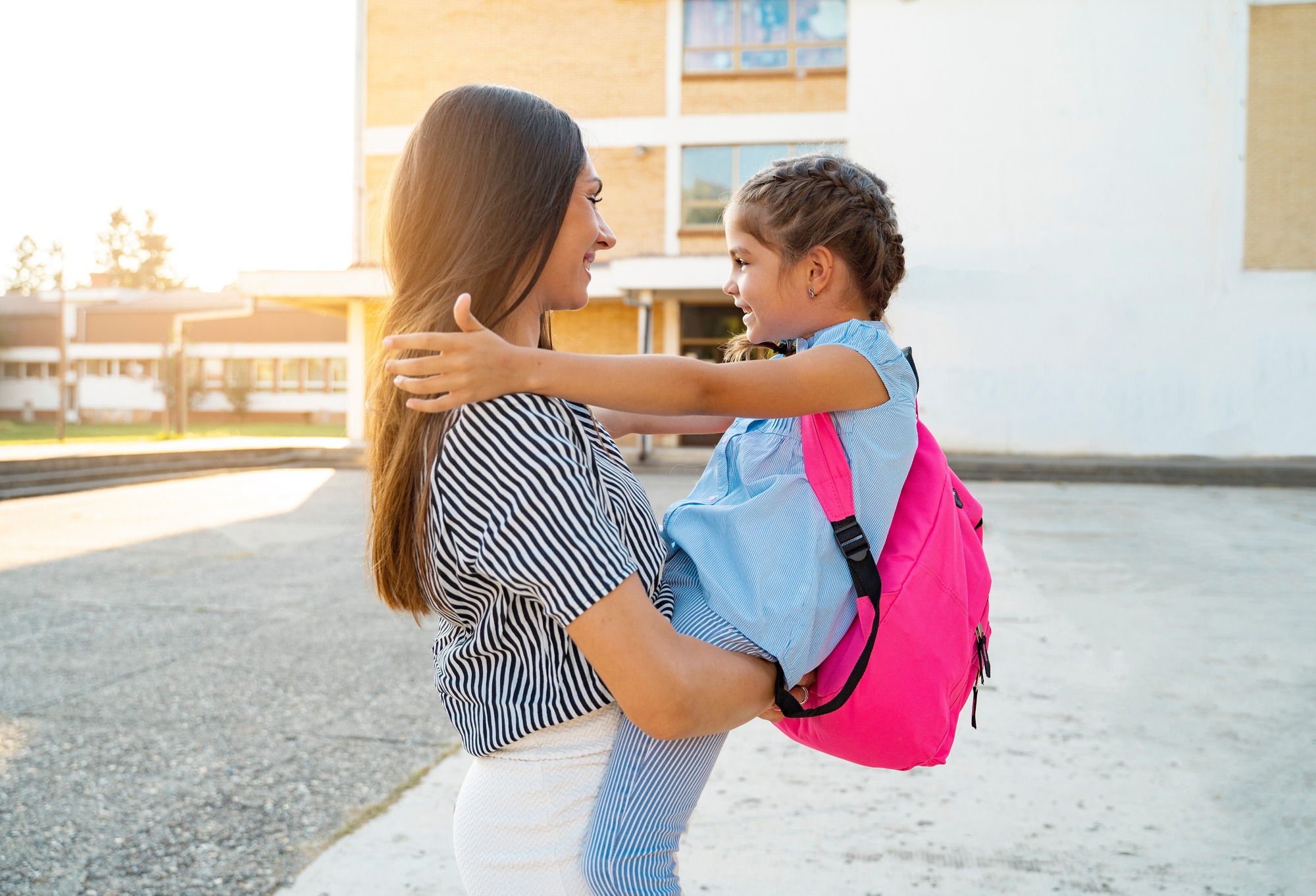Every parent’s dream is for their child to grow physically, emotionally, and academically. As a parent, you play a vital role in supporting this personal development and growth in the various stages of their lives.
Notably, building your child’s education journey should be one of your greatest goals. In that case, different factors are considered, including the time a kid joins a school. Starting school is a significant step in the life of your child, so you should know when the best time is.
Typically, kids begin preschool—especially kindergarten—when they’re at least three years old. However, it doesn’t mean every three-year-old is physically and emotionally prepared for school. Kids develop at their own pace. So, instead of basing it on age recommendations, here are more ways to know your child is ready for school:
Connects Well With Others
A child ready to begin school should get along with their peers and interact within a group. That’s because learning institutions accommodate diverse students, so your child will be exposed to a different world of unfamiliar children. Therefore, they should be able to handle engaging with new people and making new friends.
You can check their reaction to strange children at the playground, childcare center, or a family gathering. If they socialize well with others, they can connect with their peers at school and form relationships.
Demonstrates Cognitive Development
Cognitive development is a good indicator of school readiness. It entails how a child thinks, figures things out, and makes decisions independently. Ideally, it’s the ability of a child to understand the world around them and solve problems. The following are some signs of cognitive development in a child:
- Asks many questions to gain information
- Observes things and listens to instructions
- Pays attention for about 5 to 15 minutes
- Shows awareness of past and present events
- Organizes objects by shape, size, or color
Also, if your kid demonstrates the ability to resolve conflicts, such as disagreements with friends, it indicates they’re developing essential cognitive skills. That is, they can view situations from different perspectives and create solutions. Therefore, they’re also more likely to pay attention, reason, read, and learn at school.
Shows Emotional Maturity
Your child is most likely ready to start school if they’re in control of their own emotions. That means they can effectively express their feelings through words. Also, they exhibit a positive self-image, handle separation from parents, show pride in accomplishments, and apologize when they make mistakes.
Other indicators of emotional development include confidence, signs of being responsible, and independence. Also, a child should demonstrate resilience in the face of challenges. For example, if your kid can apologize after making a mistake or bounce back after a disappointment, it means they’re emotionally ready to cope with various challenges at school.
Listens And Communicates Well
Since they’re institutions of order and discipline, schools demand a lot of listening and effective communication. For example, children may be required to recite a story or discuss a set of events comprehensively. Therefore, if your kid communicates well at home and listens to you most of the time, they will likely do the same at school.
Shows Curiosity
If your child begins to show interest in new things, asking how they work and why they’re that way, it indicates they’re ready to explore different things, including going to school. They may initiate or be involved in new activities to learn. In that case, they can also be willing to follow new rules and routines at school.
Has Good Motor Skills
Watch out if your kid can run steadily, jump, climb, and throw or grip a ball. These are vital signs of school readiness. Notably, they’ll be more active in preschool, so they should have reasonable control of their motor skills before you send them to school.
Uses The Bathroom Independently
When your child knows when to use the bathroom and manages it independently, they can be considered ready to start school. Some preschools may require that your child be potty trained, while others might help with potty training. And if the school has actual toilets, it can be scary for a child who still struggles to use the bathroom at home.
Therefore, if your kid is in control of using the bathroom themselves, it’s a step toward independence, and they may be ready for school. Also, they should know how to readjust their clothing and wash their hands afterward. This way, they’ll feel confident using the school toilets since they know they can do it independently.
Conclusion
School readiness is the measure of how prepared your kid is to excel at school. The above are some ways to know when the right time is for your kid to start school. Altogether, ensure you give your child the best possible start in life.


